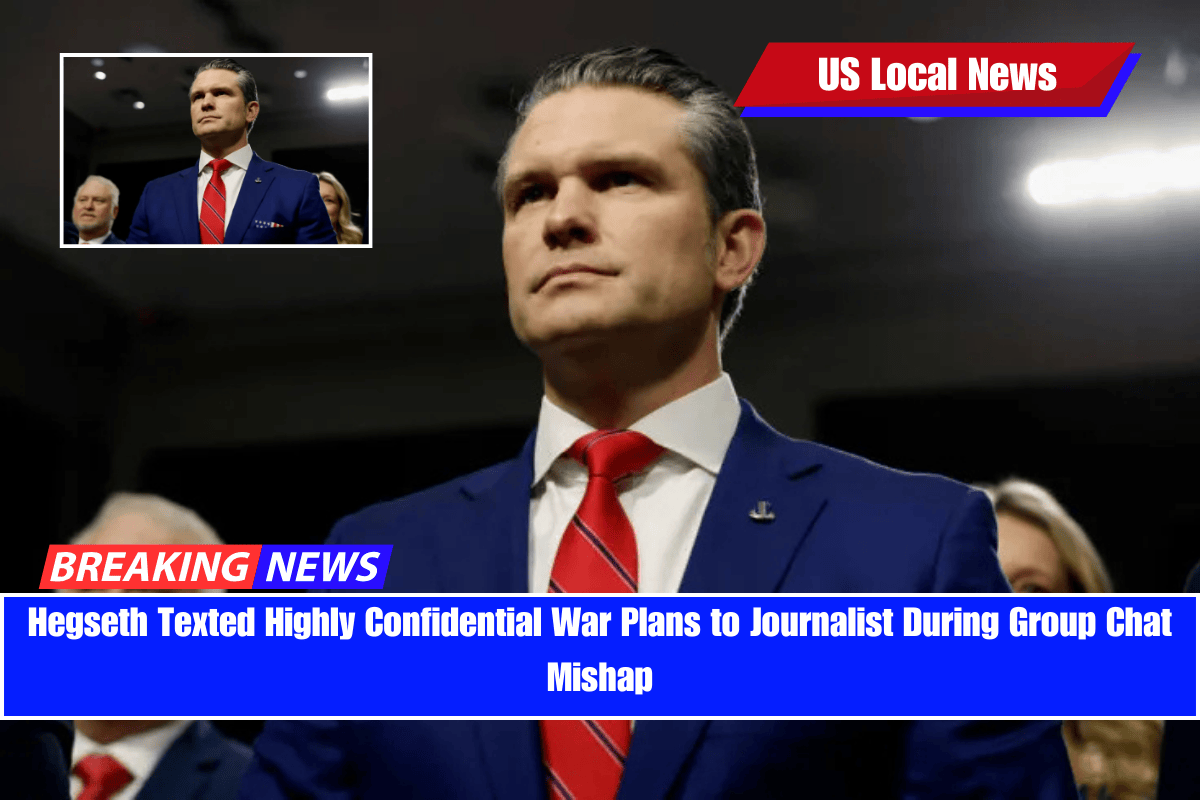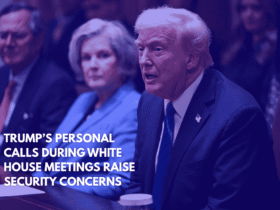WASHINGTON, D.C. – A major security incident has come to light after U.S. Secretary of Defense Pete Hegseth reportedly sent highly classified war plans to a journalist through an encrypted group chat on Signal, an app not approved for sharing top-secret government information.
The accidental leak happened after Jeffrey Goldberg, editor-in-chief of The Atlantic, was mistakenly added to a group chat titled “Houthi PC small group,” which appeared to involve top Trump administration officials discussing plans related to military action in Yemen.
How It Happened
Goldberg reported that on March 11, he received a Signal message from someone using the name Michael Waltz, which is also the name of President Donald Trump’s national security adviser. Believing it could be a serious inquiry, possibly anonymous, Goldberg accepted the request.
Two days later, he was added to a group chat that included usernames resembling those of Vice President JD Vance, Secretary of State Marco Rubio, and Defense Secretary Pete Hegseth. Some others were listed only by initials or nicknames.
Classified Details Accidentally Shared
On March 15, Hegseth reportedly sent detailed plans about ongoing U.S. strikes against the Houthi rebels in Yemen. Goldberg wrote that he became certain the chat was real when bombs began falling in Yemen shortly after receiving the message.
Realizing the sensitivity of the information, Goldberg left the group and later contacted multiple officials who were listed in the chat to ask why he had been included and to verify the authenticity of the messages.
White House Responds to Mistaken Inclusion
In response to Goldberg’s inquiry, National Security Council spokesperson Brian Hughes confirmed the chat’s authenticity.
“This appears to be an authentic message chain, and we are reviewing how an inadvertent number was added to the chain,” Hughes told The Atlantic.
He further claimed the leak did not compromise U.S. forces:
“The thread is a demonstration of deep and thoughtful policy coordination. The success of the Houthi operation proves there was no threat to national security.”
Legal and Security Concerns Raised
Since the story broke, legal experts have raised serious questions about the use of Signal for discussing classified information. While Signal is encrypted and secure, it is not an officially approved communication method for classified U.S. government materials.
Experts are now debating whether this incident violated federal laws on handling sensitive national security information.











Leave a Reply